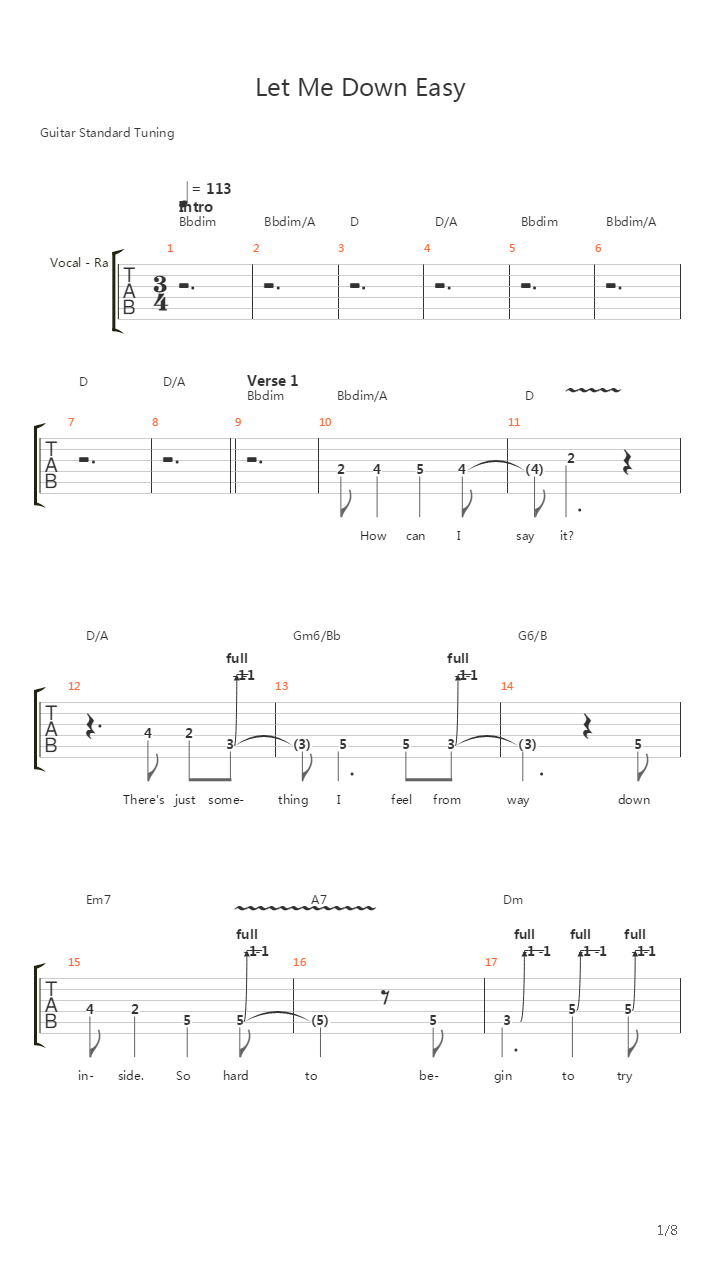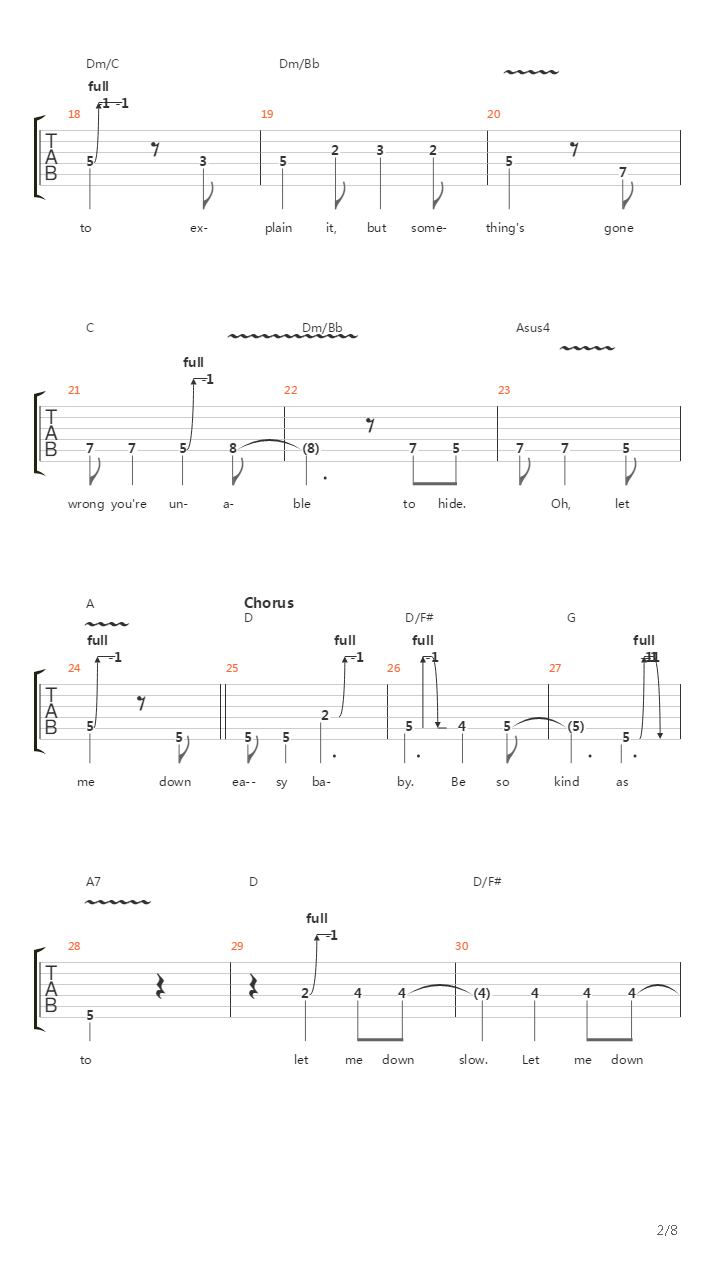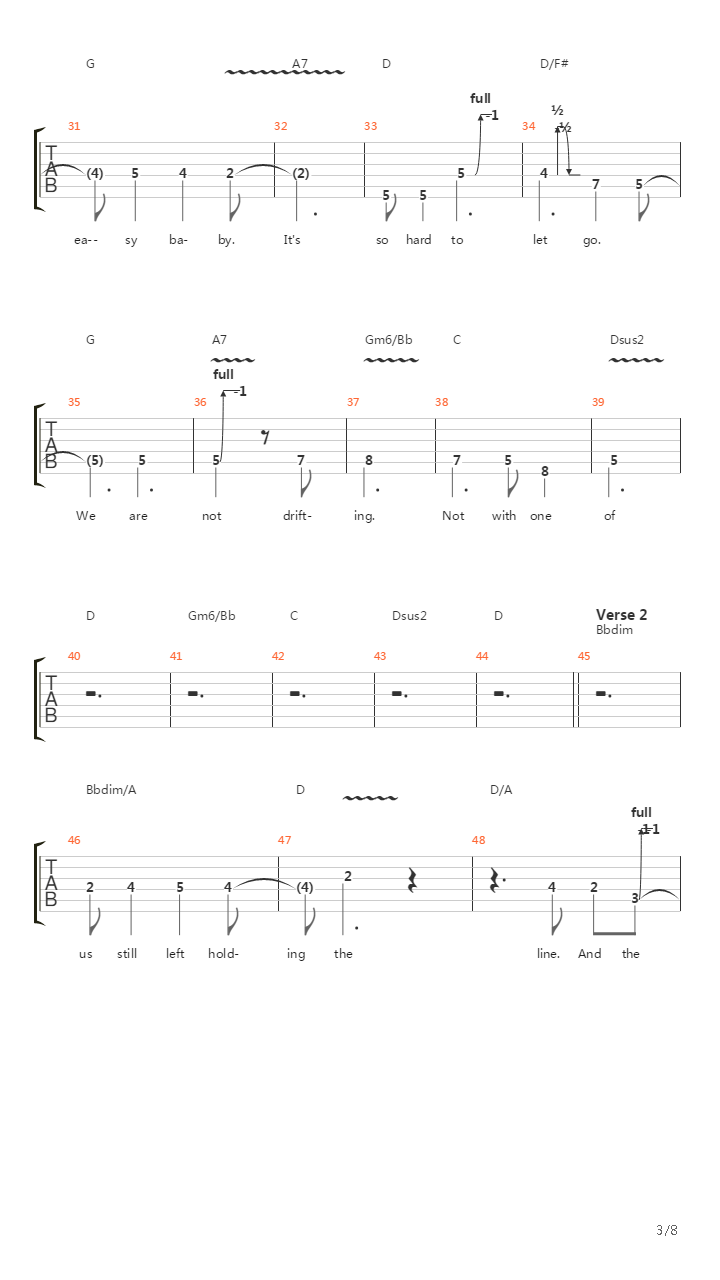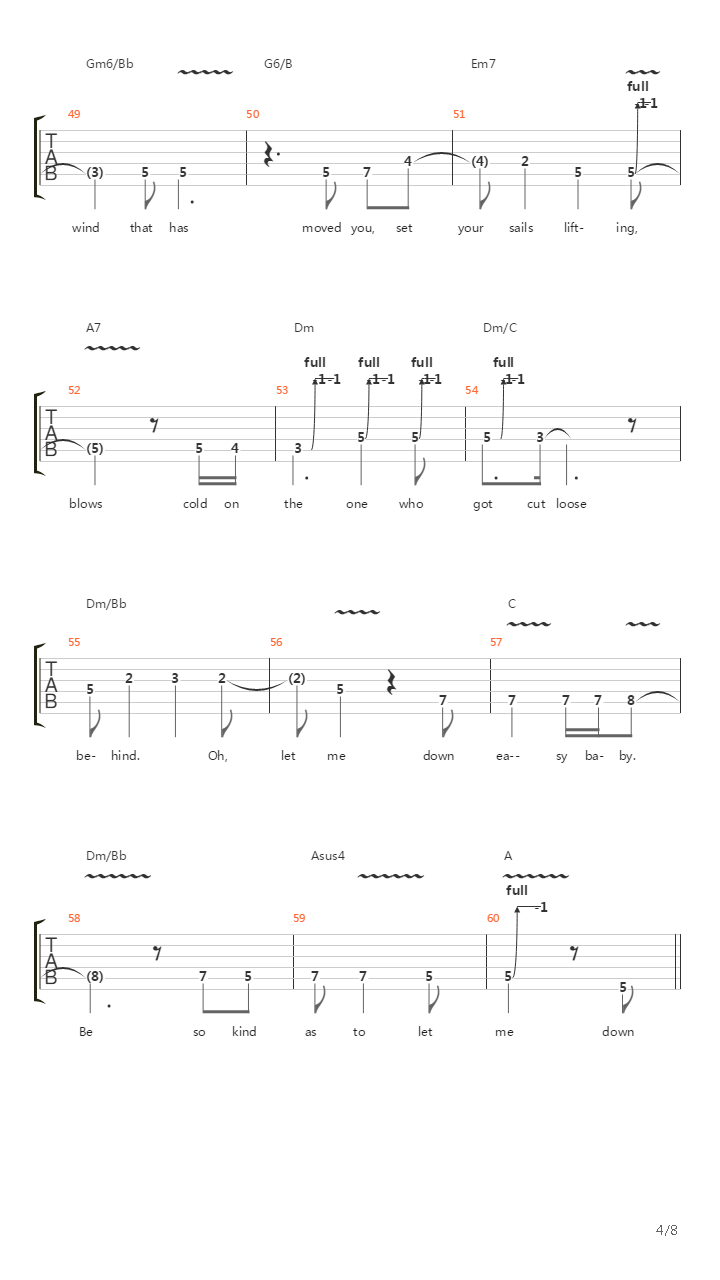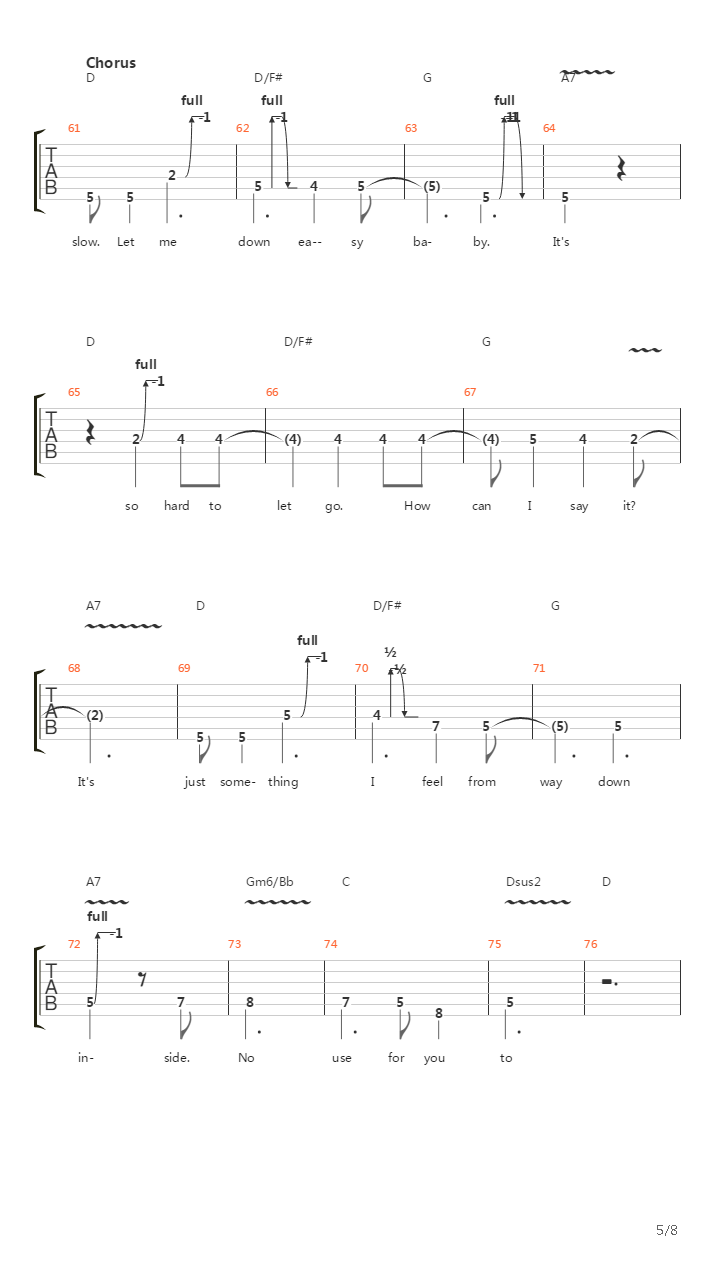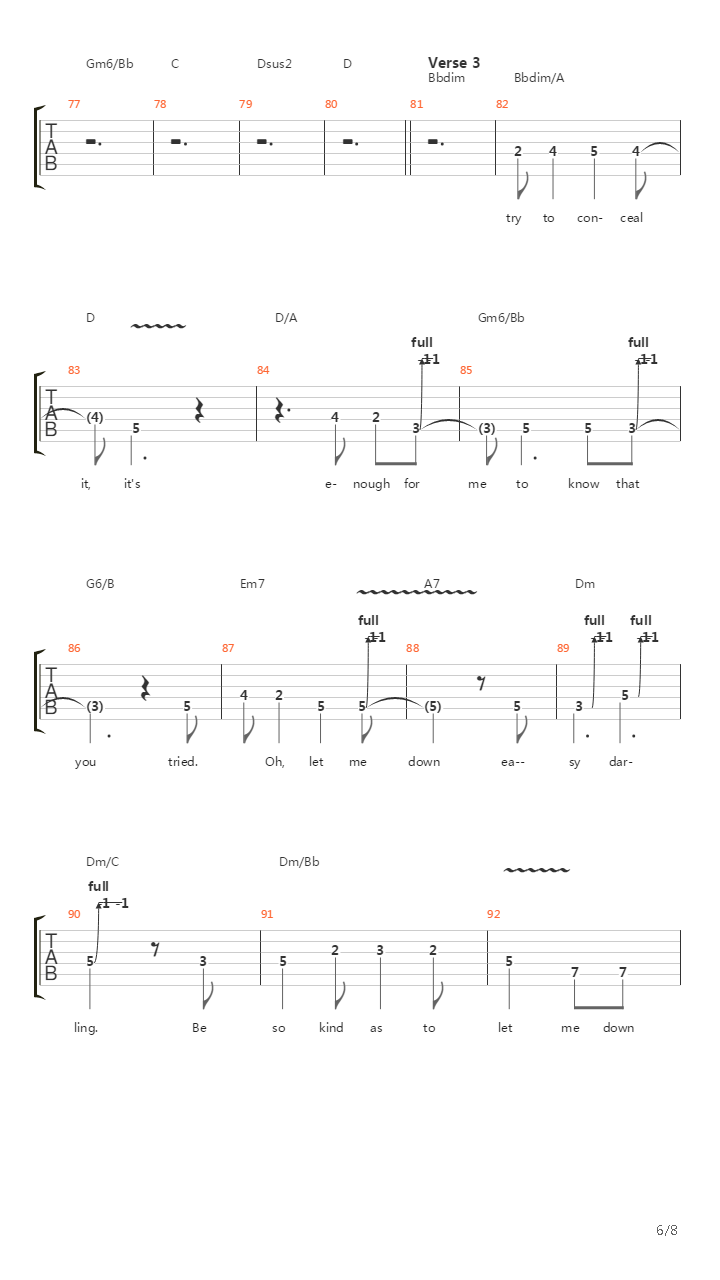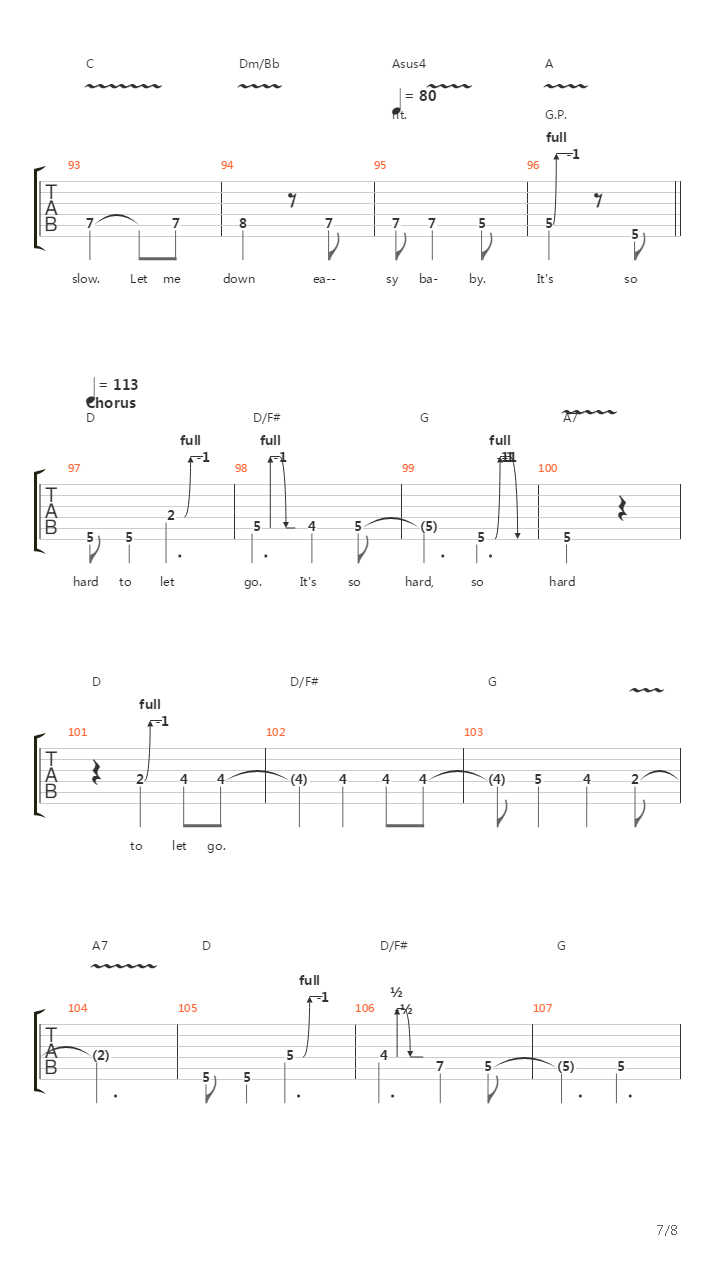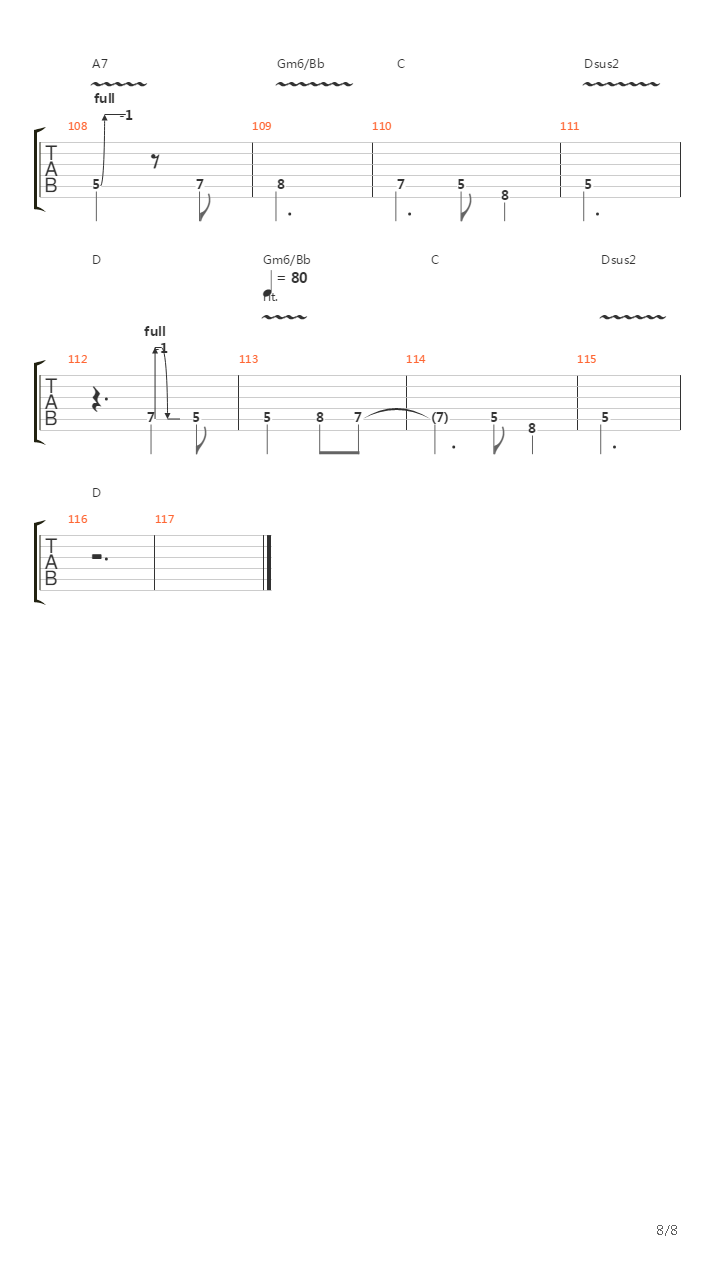附注:
blackiel7591@btinternet.com, Kent, England
===================================
Although he's best known for his classic folk song
staple "Streets of London," which first appeared on his
Spiral Staircase album in 1969, Ralph McTell is a
multi-dimensional guitarist and singer/songwriter who's
influenced hundreds of folk singers in Great Britain,
Europe and around the U.S. Fortunately, people in the
U.S. and around Europe are beginning to connect to
his vast body of excellent original work, and not just
"Streets," which has been recorded more than 200
times by artists as diverse as Bruce Springsteen,
Aretha Franklin, and even the angry punk group
Anti-Nowhere League, and is still McTell's most
requested song. McTell was raised in post-WWII
London with his mother and a younger brother as
Ralph May. His father left home when he was two. He
began to show musical talent when he was seven,
when he began playing harmonica. When skiffle
bands became all the rage in England, Scotland and
Ireland, McTell began playing ukulele and formed his
first band. Later in his teens, he began playing guitar.
At the College Jazz Club in London, McTell first heard
Ramblin' Jack Elliott sing Jesse Fuller's "San Francisco
Bay Blues." Elliott's performance proved to be a
revelatory experience for the shy, young,
impressionable McTell. He took his earliest cues from
the great blues and folk singers: Elliott, Woody Guthrie,
Leadbelly, Blind Boy Fuller, Blind Blake, Robert
Johnson and Blind Willie McTell. He took his adopted
last name from blues singer McTell, and his songwriting
inspiration from the writings of Jack Kerouac and John
Steinbeck. After a few years hanging around London,
he took off to travel along the south coast of England
and the rest of Europe, where he made his way around
hitchhiking and busking. While busking around
Europe, he met his wife Nanna; shortly thereafter, they
had a son. McTell tried a conventional career as a
teacher, but continued playing the folk clubs around
London. He began a long tenure at Les Cousins in the
Soho section of London and there he began to make
a name for himself. A music publisher was so
impressed by McTell's early songs that he secured a
recording deal for him. His first album, Eight Frames a
Second, was released on the Transatlantic label in
1968. With a gentle voice, superb guitar playing skills
gleaned from his days as a ukulele player, and a level
of modesty that showed through on stage, McTell
began incorporating his own songs into his live shows,
which were mostly blues in those days. By July 1969,
McTell was booked at the Cambridge Folk Festival
and in December of that year was headlining his first
major London concert at Hornsey Town Hall. By May
1970, McTell completely sold out the Royal Festival
Hall and was booked to play the Isle of Wight Festival
alongside Jimi Hendrix and Bob Dylan. He made his
first U.S. tour in 1972 and returned to London to sell
out the Royal Albert Hall in 1974, the first British solo
act to accomplish such a feat in 14 years. The third
song he ever wrote, "Streets of London," was
something he deliberately left off his debut album, but
at a producer's insistence, he included it on his second
album for Transatlantic, Spiral Staircase. After the song
was re-recorded in 1974 as a single for
Reprise/Warner Bros. it became a huge worldwide hit.
The song reached number two on the British charts,
and in Germany there were four different versions of
the song on the charts at one point, three by McTell
and one by a German singer. The pressures of
worldwide success temporarily became too much for
the shy, reserved McTell, and in the spring of 1975, he
announced his intention to quit touring and withdraw
from the music business for a while. He came to the
U.S., where he relaxed and wrote songs in relative
anonymity for a year before going back to the U.K. to
play a Christmas benefit concert in Belfast. He
continued recording for Warner Bros. in the 1970s,
releasing Right Side Up in 1976, Ralph, Albert and
Sydney in 1977 and Slide Away the Screen in 1979.
For most of the 1980s, he spent his time touring and
working on a children's television show called
Alphabet Zoo, which led the TV network to create a
show especially for him, Tickle on the Tum, and both
programs introduced McTell to new generations of
fans. In 1995 and 1996, McTell returned to the U.S.
and performed a series of sold-out shows on the East
Coast, and his visibility in the U.S. may have been
helped along by Nanci Griffith's decision to record one
of his songs, "From Clare to Here," on her Grammy
winning Other Voices, Other Rooms album. McTell's
discography is very extensive and demonstrates his
commitment to his craft as a songwriter. Though many
of these albums are hard to locate, they're well worth
seeking out, most originally recorded for Transatlantic,
Reprise/Warner Brothers, or Mays. In 1992, he
recorded an ambitious project about the life and times
of poet Dylan Thomas, The Boy With a Note, released
on Leola Music; recently, the U.S. has seen the
Stateside release of From Clare to Here (1996, a U.S.
release of Silver Celebration) and Sand In Your Shoes
(1998). Blue Skies Black Heroes appeared the
following year.
